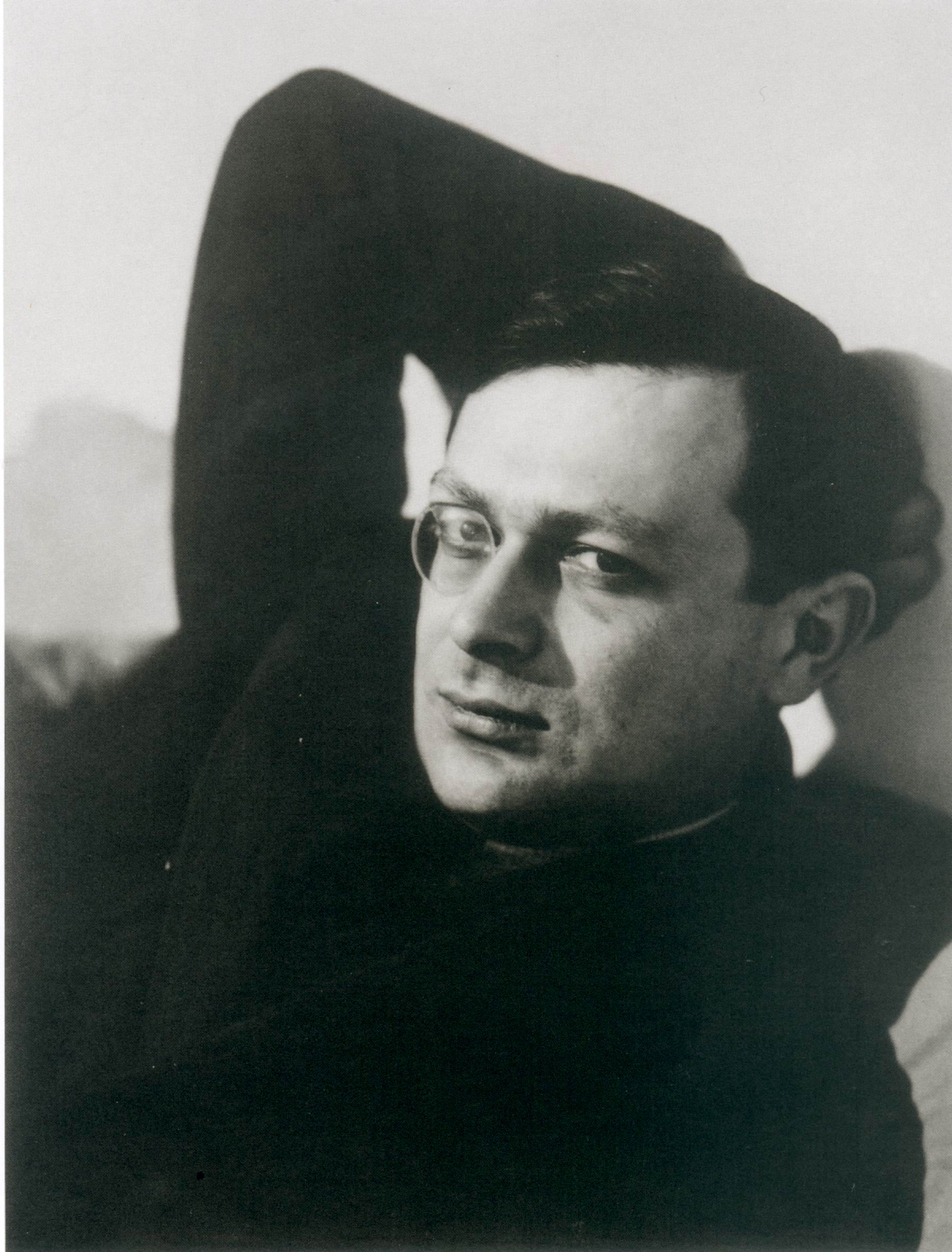 |
| Image Credit: scottzagar.com |
Tristan Tzara (April 16, 1896 – December 25, 1963) was a French avant-garde poet, essayist and performance artist of Romanian Jewish descent. He was born Samuel (Samy) Rosenstock and was best known for being one of the founders and central figures of the anti-establishment Dada movement. Under the influence of Adrian Maniu, the adolescent Tzara became interested in Symbolism and co-founded the magazine Simbolul with Ion Vinea (with whom he also wrote experimental poetry) and painter Marcel Janco.
Tzara is one of the writers of the twentieth century who was most profoundly influenced by symbolism—and utilized many of its methods and ideas in the pursuit of his own artistic and social ends. Literary historian Paul Cernat, however, believed the young poet was by then already breaking with the syntax of conventional poetry, and that, in subsequent experimental pieces, he progressively stripped his style of its Symbolist elements. Among some of his notable works were Vingt-cinq-et-un poèmes. Dessins de Hans Arp and Seven Dada Manifestos and Lampisteries. In 1961, as recognition for his work as a poet, Tzara was awarded the prestigious Taormina Prize
As we continue to celebrate National Poetry Month and the birthday of this famous poet, please enjoy this poem, The Great Lament Of My Obscurity Three by Tristan Tzara.
The Great Lament Of My Obscurity Three
By Tristan Tzara
where we live the flowers of the clocks catch fire and the plumes encircle the brightness in the distant sulphur morning the cows lick the salt lilies
my son
my son
let us always shuffle through the colour of the world
which looks bluer than the subway and astronomy
we are too thin
we have no mouth
our legs are stiff and knock together
our faces are formeless like the stars
crystal points without strength burned basilica
mad : the zigzags crack
telephone
bite the rigging liquefy
the arc
climb
astral
memory
towards the north through its double fruit
like raw flesh
hunger fire blood
Comments
Post a Comment